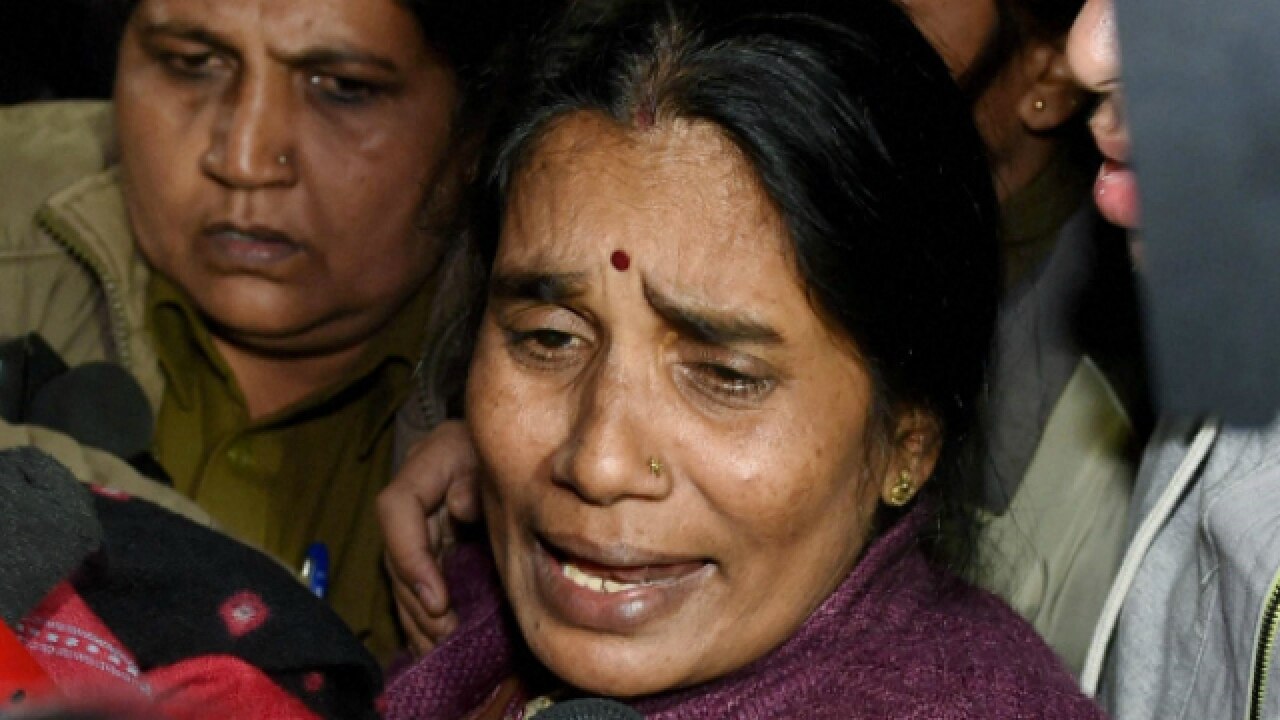
The passage of the Juvenile Justice (Care and Protection of Children) Bill in Parliament marks the culmination of a three-year-long tortuous process of debate, consultation and protests over the appropriate treatment to be meted out to juveniles accused of heinous crimes. The involvement of a 17-year-old juvenile in the brutal December 16 gang-rape incident had turned the tide of public opinion against the JJ Act enacted in 2000, which prescribes a maximum punishment of three years of detention in a juvenile home irrespective of the nature of offence. The Bill’s prescription for segregating adolescents in the 16 to 18 age group, and categorisation of juvenile offences into petty, serious and heinous was a direct outcome of the juvenile in the December 16 case serving a light sentence, disproportionate to the violence he inflicted on 23-year-old Jyoti Singh. The protests by Jyoti’s parents against the juvenile being set free prompted MPs to set aside their considerable differences, ignoring demands to refer the Bill to a select committee.
Though child rights activists claim that the Bill violates UN conventions by treating children as adults, the Bill offers some significant safeguards at every stage. Juveniles between the ages of 16 and 18, accused of heinous offences like rape, murder, acid attack, dacoity, will now be subjected to a preliminary assessment to gauge their “mental and physical capacity to commit such offence, ability to understand the consequences of the offence, and the circumstances in which the offences were committed”. The Juvenile Justice Board (JJB) comprising a magistrate and two social workers can also rope in child psychologists for the purpose of making this assessment. Though there are concerns that boys who indulge in sexual activities or those who elope with lovers will be implicated for rape through the new JJ Act, the clause requiring the JJB to assess the “circumstances” of the offence is a legislative safeguard. In case, the JJB categorises the juvenile as an adult, it is a children’s court which will try the accused, rather than a sessions court. When the child in conflict with the law turns 21, the children’s court is required to assess whether the child has undergone “reformative changes”. If the assessment is positive, the 21-year-old is released under probation, but in case of a negative assessment will have to serve the remaining sentence in jail.
This is another sticking point with activists who cite the evidence of adult prisons not offering a reformatory experience for inmates and the higher rates of criminal recidivism among ex-prisoners. There is no provision in the Bill for separate jails for the 21-year-olds, though women and child minister Maneka Gandhi, who piloted the Bill, claims they would not be allowed to mix with adult prisoners. Considering the overcrowding in jails and the pathetic state of infrastructure upgradation, Maneka’s claims will have to be taken with a pinch of salt. Importantly, the new Bill requires the creation of JJBs and child welfare committees in every district. Such provisions were there in the previous Act too. The previous JJ Act and the present JJ Bill commits the state to provide education, skill development, counselling, behaviour modification therapy and psychiatric support for inmates. But the condition in juvenile homes across India reveal that the state is yet to acquire the expertise to undertake such activities or display the commitment to reform juveniles. Unfortunately, the debate in Parliament did not venture into such areas as the acute shortage of trained professionals and physical infrastructure. The enactment of the JJ Bill was the easier part. If the promise of reformatory, rather than retributive, punishment is to be met, central and state governments must address the gaping lacunae in the implementation of well-intentioned laws.